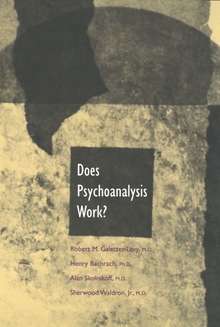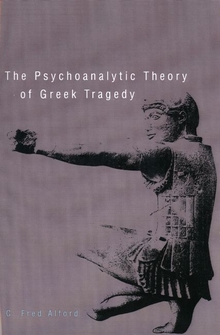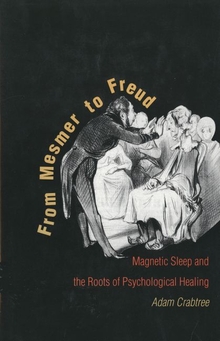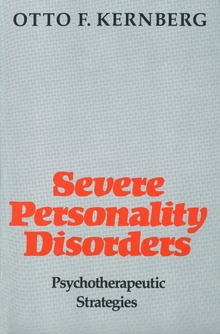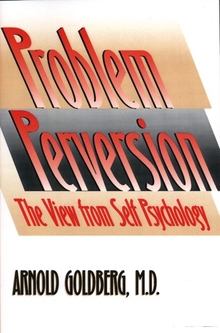Does Psychoanalysis Work?
WARNING
You are viewing an older version of the Yalebooks website. Please visit out new website with more updated information and a better user experience: https://www.yalebooks.com
Robert Galatzer-Levy, Henry Bachrach, Alan Skolnikoff, and
Out of Print
The authors begin by providing a definition of psychoanalysis, establishing central psychoanalytic goals, and determining what questions need to be addressed in assessing whether analysis is effective. They then describe their methods and criteria for evaluating modern research on psychoanalytic outcome and apply these criteria to four major studies of adult psychoanalytic patients, several studies of child and adolescent analysis, and some small-group studies. They find that all the studies show that psychoanalysis is an effective treatment for many patients—and that some cherished assumptions about psychoanalysis are probably wrong. In the final part of the book, the authors address the challenges of collecting empirical data on psychoanalysis and explore the possibilities inherent in the single-case study.
"A highly intelligent, balanced overview of research into the outcome of analytic treatment."—Anton O. Kris, M.D., Boston Psychoanalytic Institute
"Anyone interested in psychoanalysis as a science and a treatment will want to read Does Psychoanalysis Work? . . . This compact and well-organized book addresses the question we care most about by providing an authoritative review of the outcome studies that have been done on psychoanalysis. It also contains a sophisticated exposition of the general principles of clinical research, including an excellent discussion of what constitutes psychoanalysis, what is the relation of analytic process to outcome, and what are relevant and valid outcome measures."—Marshall Bush, San Francisco Psychoanalytic Institute and Society Newsletter
"[An] ambitious, comprehensive, and unique book. . . . While the reader may come away uncertain of the ultimate proof of the efficacy of psychoanalysis, he or she will be forever changed in his or her view of both research and psychoanalysis, and will thereby be very well rewarded ."—Robert Alan Glick, Psychoanalytic Quarterly
"I recommend this book highly. It is a timely book, expressing the deep concern that psychoanalysis deserves more systematic empirical research treatment. . . . This is a very useful textbook for enthusiastic psychoanalysts, young ones and their seniors, that describes comprehensively what is required if psychoanalysis is to find a place in today’s research world."—JAPA, Journal of the American Psychoanalytic Association
"For those who are interested in learning more about what empirical research has been done, what questions remain to be answered, and the most effective methods for doing so, this book is a treasure trove of information. . . . The authors of this valuable book . . . have made a signal contribution to the literature on psychoanalytic research."—Leonard Horwitz, Bulletin of the Menninger Clinic
Publication Date: February 9, 2000

